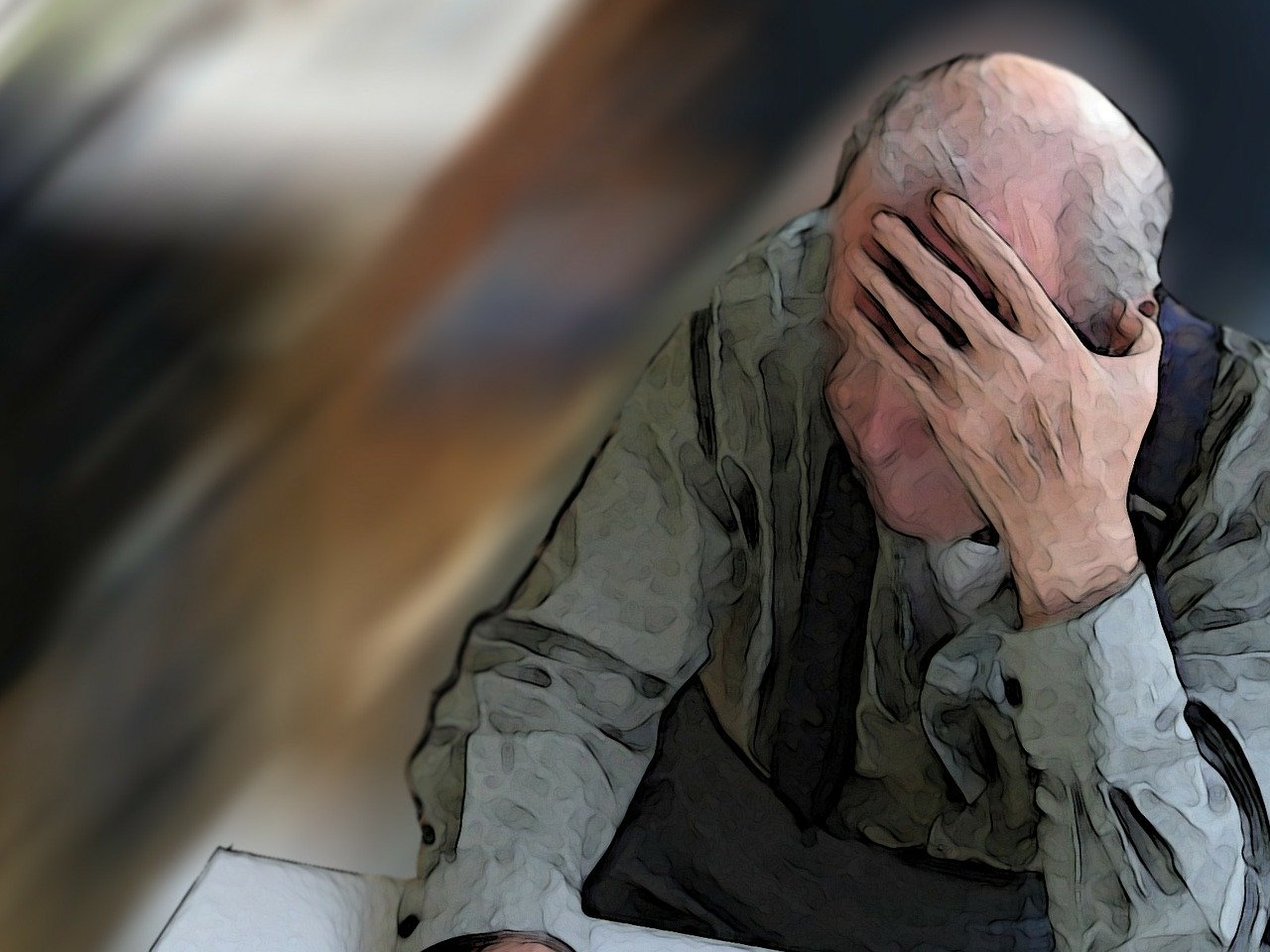Everyone has a host of proteins in their body. Some of them are good and necessary, such as the proteins that cause your skin to be soft and supple. Others can be harmful, as in the case of deposits of alpha-synuclein floating in the brain. These deposits are called Lewy bodies and they affect the chemicals in your brain. As a result, problems with thought processes develop. Lewy bodies also affect movements, behavior, and moods. Dementia caused by Lewy bodies is one of the most common forms of dementia.
Symptoms and Diagnosis of the Condition
There are many symptoms associated with Lewy body dementia (LBD.) These include:
- Apathy or loss of motivation.
- Cognitive problems including difficulty in thinking, memory loss, confusion, lack of attention, and visual-spatial difficulties.
- Depression may be experienced.
- Fluctuating attention where you may have drawn out episodes of drowsiness, staring off into space, or speech issues.
- Movement disorders such as slower movements, rigid muscles, tremors, or a shuffle when you walk. These are also signs of Parkinson’s disease.
- Sleep difficulties are common to many people, and with Lewy body dementia REM sleep dreams may be physically acted out.
- Visual hallucinations, while also symptoms of psychiatric disorders, are often one of the primary symptoms of Lewy body dementia.
Since other conditions share similar symptoms as Lewy body dementia, diagnosis can be difficult. Alzheimer’s’ disease and some psychiatric disorders such as schizophrenia are examples of conditions with similar symptoms.
Types of Lewy Body Dementia
Two types of diagnoses can be made, Parkinson’s disease dementia and dementia with Lewy bodies (DLB.) The same changes affect the brain and symptoms are similar for both types. The difference is that cognitive symptoms in Parkinson’s disease dementia will develop over a year after movement symptoms are displayed. With DLB, cognitive symptoms develop much sooner.
Developing a Care Team
While this condition can be devastating, a well-developed care team can help improve your quality of life. After a diagnosis of LBD, you may want to see a neurologist specializing in dementia and/or movement disorders. There are therapists in speech, music, arts, and physical and occupational therapists who may be helpful. Mental health counselors can help you and your family navigate mood swings and make plans for the future. Your quality of life may be improved with the help of palliative care specialists.
At Gianna Homes, we are ready to help be a part of the team that helps improve your quality of life. We can provide care, assistance, and resources to help you and your family on this journey. Call today for more information.

